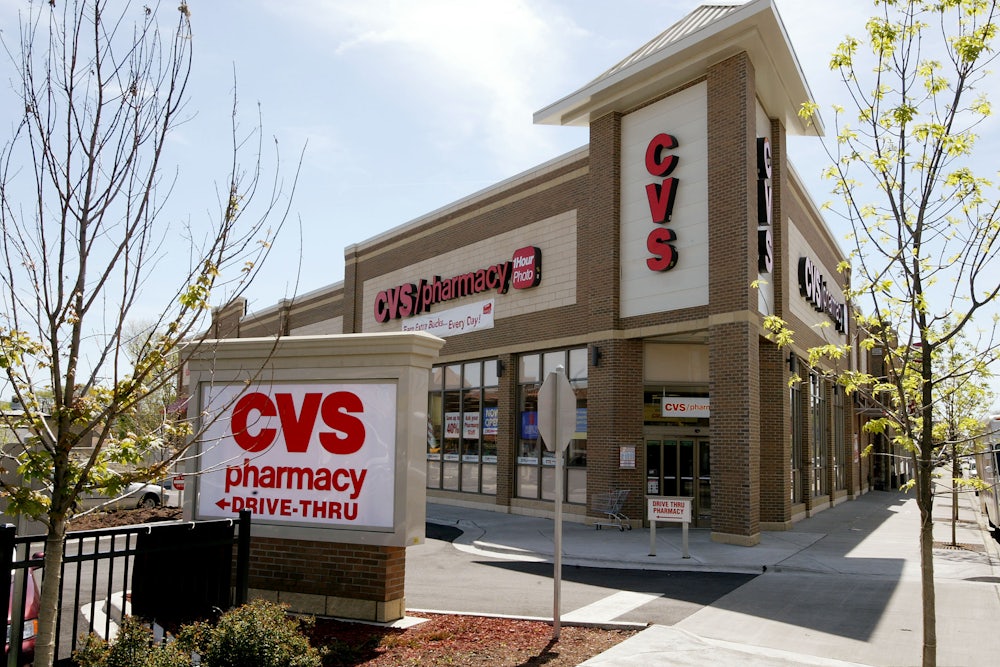The drug store chain CVS first announced its plan to buy the health insurance provider Aetna late last year, in an effort to expand its own health care offerings. The $69 billion merger was approved with minimal changes on Wednesday, as the Department of Justice only required Aetna to divest its Medicare offerings—a process that it had already begun.
CVS acquired Aetna for a number of reasons. The first, and most basic, is that Aetna is hugely profitable and will boost the company’s bottom line. The second is that CVS has, in recent months, been pushing to provide more basic health care services at its own stores—it believes that the acquisition of the health care giant will give it competitive advantages in the form of existing relationships with patience and knowledge. Finally, there is increasing concern among pharmacies and health care providers about possible entrants into the market, particularly Amazon, which announced a health care partnership with Berkshire Hathaway and JPMorgan Chase earlier this year.
CVS has argued that the deal is good for consumers because it will lower costs. “Our focus will be at the local and community level,” CVS CEO Larry Merlo said in a statement, “to intervene with consumers to help predict and prevent potential health problems before they occur.” The idea is that treatment at CVS will keep patients out of the hospital. But there are also concerns about the size of this massive entity, and the level of control it will have in the pharmaceutical and health care realms is disturbing. By acquiring Aetna, CVS will now provide a host of services related to medical care and will have few competitors.
